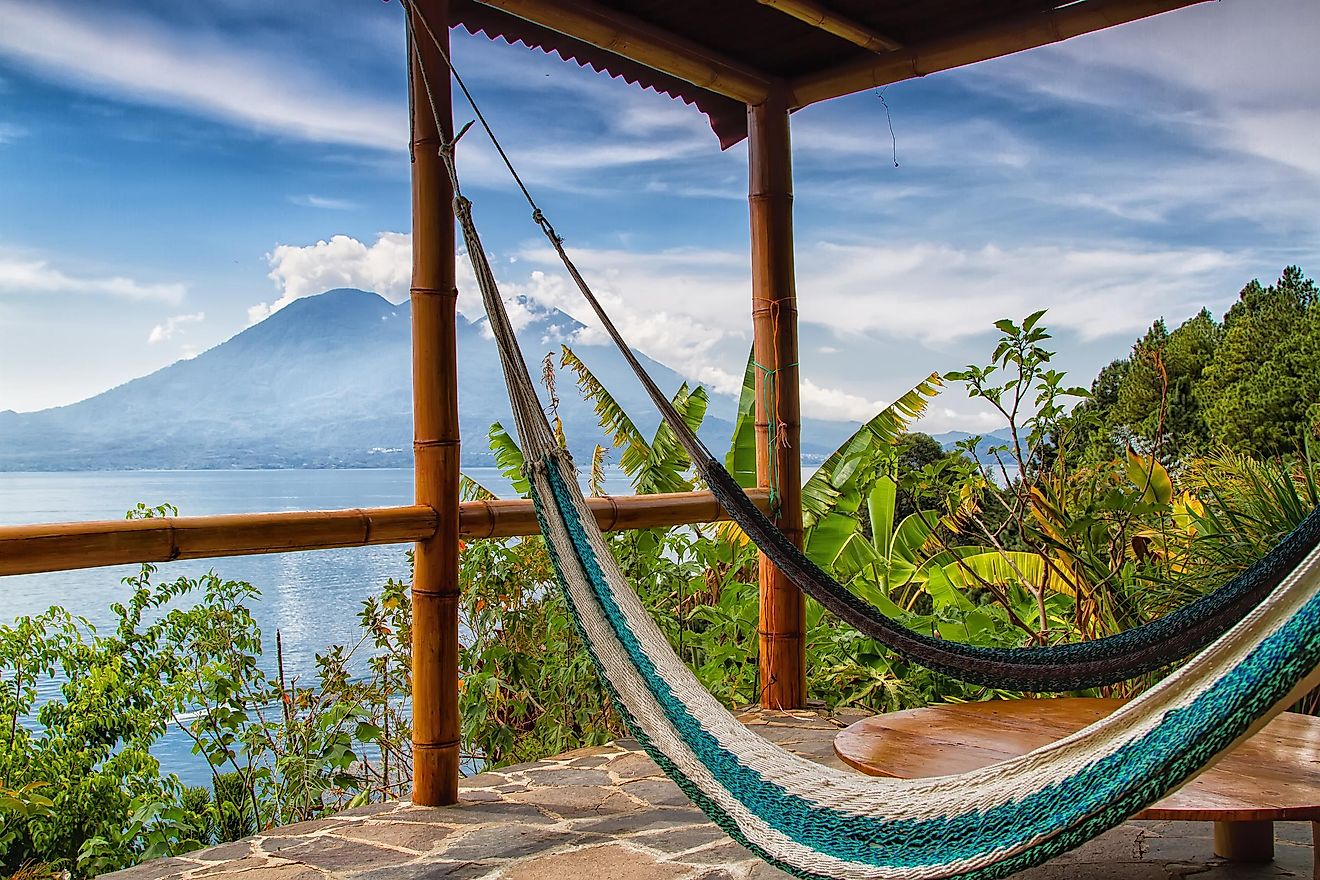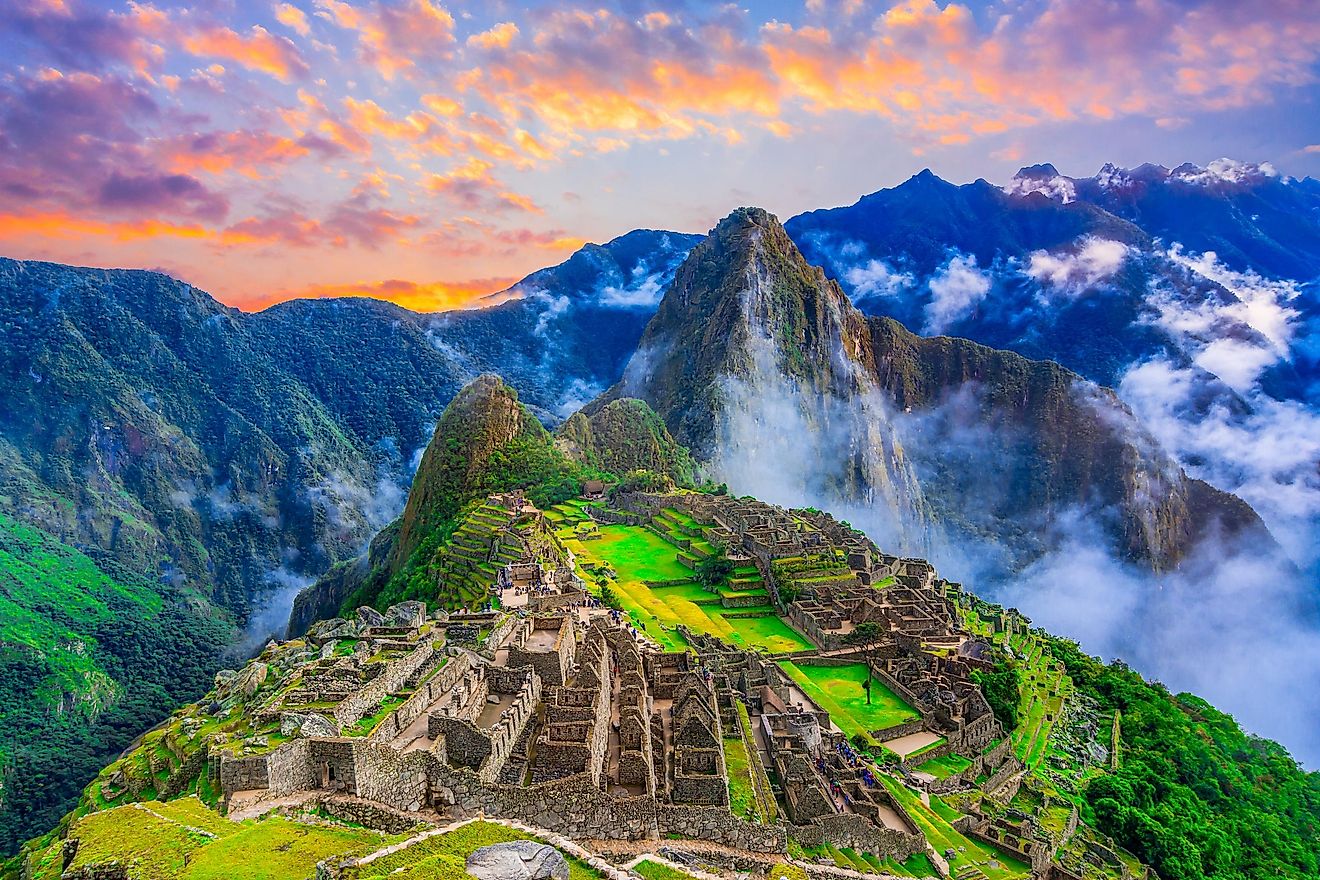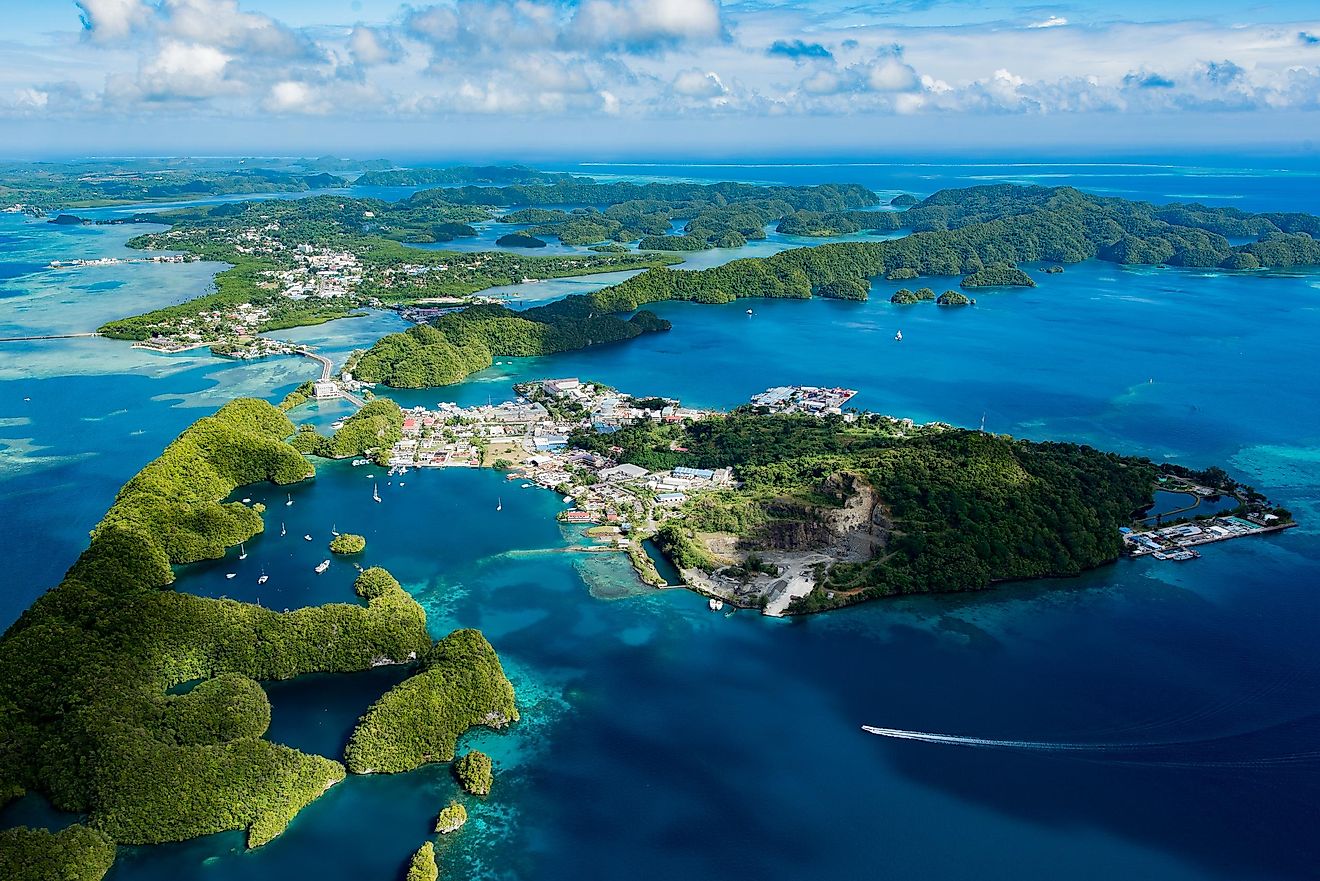How Is An Olympic Host City Chosen?

The Olympic Games is a major sporting event that is held every two years. It dates back to 1896 when the first modern version of the Olympics Games was held in Athens, Greece, with athletes from 14 nations taking part in that inaugural event. Since then the event has been held in different countries around the world. The Summer and Winter Olympics are two different events that used to be staged in the same year until 1992 when the decision was made to have them take place on separate four-year cycles in alternating even-numbered years. The Summer Olympics are held between July and August while Winter Olympics are held in March during the winter season.
How Is A Host City Is Chosen?
Every two years, major cities from around the world make competitive bids to the International Olympics Committee for a chance to host the Olympic Games. The choosing of the host city usually happens seven years before the Games in question take place. The cities whose bids are approved to be part of the selection are then put into a rigorous ten-month audit that seeks to ensure that they have what it takes to host an international sporting event. Some of the things that the IOC looks out for include a city’s ability to accommodate a large number of tourists, journalists, and athletes who will be jetting in for the games. Ample accommodation is a requirement that the IOC never compromises on. The city also has to have an efficient transport infrastructure that is organized to avoid delays since all Olympic events follow a strict schedule. There also has to be ample security as any danger to the athletes may disrupt the games. The host city has to have all the venues necessary for all the sporting disciplines, and these venues have to be of high standards.

Second Stage: Candidate Cities
Once a city has passed the first set of requirements, it is now considered a Candidate City and continues to the second stage of vetting. In this second stage, the Candidate City pays a fee of around $150,000, and when the winning bid is announced the city that gets the chance to host the games immediately starts the construction of the necessary infrastructure. The facilities constructed may include new venues and most importantly the Olympic Village that will host all the athletes in one place for convenience. At the same time, the IOC usually sets up a backup plan in case the winning host is unable to host the games due to unmitigated circumstances, which happened once in 1976 when Denver, US bailed out of hosting the 1976 Winter Olympics and Innsbruck, Austria took over.
Why Cities Bid To Host The Olympics
Despite the hefty application fee, cities around the world always clamor for the opportunity to host the Olympic Games and this is due to several reasons. First is the pride of hosting the Games: the Olympics are regarded as the most important sporting event in the world and hosting them brings a sense of pride. Secondly, hosting the Olympics brings in a lot of tourists into the country and this translates to good money as well as an opportunity to market the country as a major tourist destination in the world. Thirdly, the infrastructure built in preparation for the Olympics not only employs the locals but it continues serving the people long after the Olympic Games have ended.











